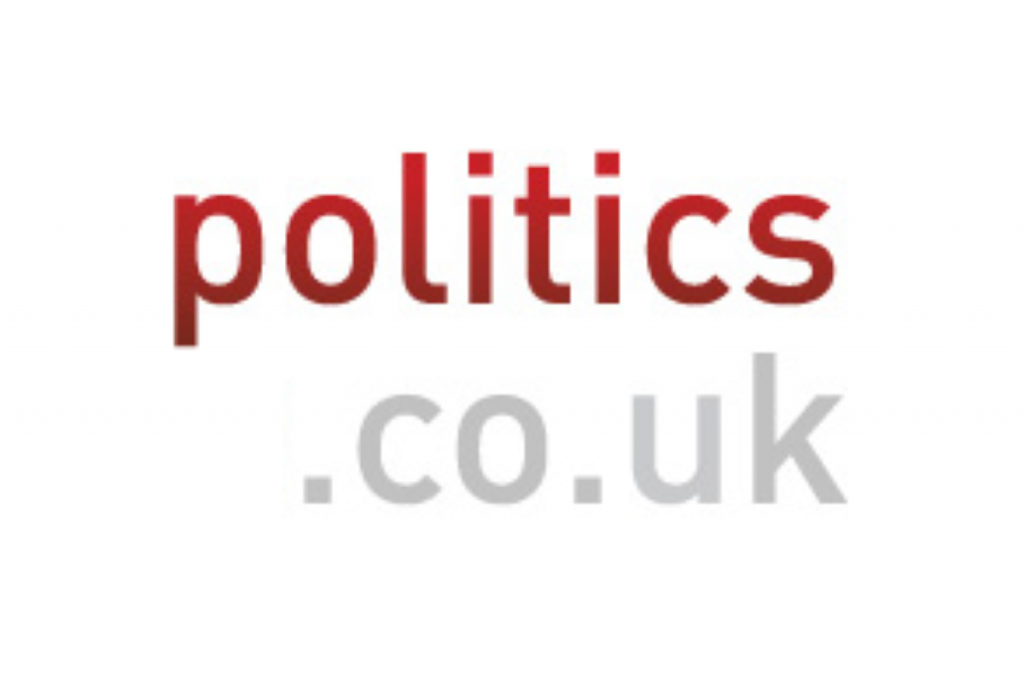Blair: Minimum wage spells end of ‘poverty pay’
Prime Minister Tony Blair today announced that the adult minimum wage would rise to £5.35 next year in the next step in his campaign to end “the humiliation of poverty pay”.
Making the announcement at his monthly press conference, he said an increased minimum wage was needed to make sure everyone shared in Britain’s economic prosperity and put an end to the days when people were paid as little as £2 an hour.
The national minimum wage will go up to £5.05 in October this year and £5.35 in October 2006.
Mr Blair told journalists the minimum wage was “a powerful symbol of hope” benefiting hard working middle- and low-income families alike.


For too long, “poverty pay” had capped the aspiration and ambition of those families, and they had been forced to choose between “the indignity of unemployment and the humiliation of poverty pay”.
“Today, work pays,” the Prime Minister said.
“No-one pretends the minimum wage . is a king’s ransom. It isn’t. But it’s a world away from the days where some people used to earn as little as £2 an hour – sometimes less than that – for long, long working weeks.”
Predictions that the national minimum wage would cripple Britain’s competitiveness and cut jobs had proved untrue, Mr Blair said. The economy continued to generate jobs – even in sectors where pay was traditionally low – without wage inflation.
He added: “I want the minimum wage to become as permanent a symbol of decency and fairness and the values that bind our country together as the National Health Service was for the previous generation.”
Adair Turner, chairman of the Low Pay Commission, said that he expected business to be able to absorb the latest increase without adverse effects.
He said that employment had continued to increase in most of the sectors that were most affected by the minimum wage because they traditionally paid low wages, such as retail and social care.
In the few sectors where jobs were being shed – notably agriculture and textiles – global competition, not the minimum wage, was responsible, Mr Turner said. When Chinese textile workers were paid 50p an hour, it made little difference if the minimum wage were £4.50 or £5.
Mr Turner conceded businesses had been very worried over the last increase to £4.85, and that the commission did not yet have all the data on the effects of that increase. For that reason, it had decided to “proceed with caution” and not recommend an increase that was substantially higher than average wage rises.
However, it remained convinced there was a strong case for continuing to ‘uprate’ the minimum wage.
He defended the practice of having different rates for youth workers, saying they were essential to the minimum wage’s success and that forcing businesses to pay their young workers the adult minimum wage would have a harmful effect on employment.












